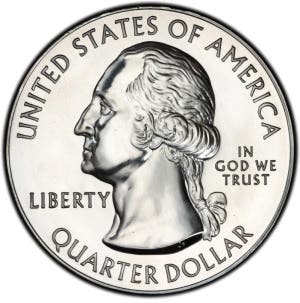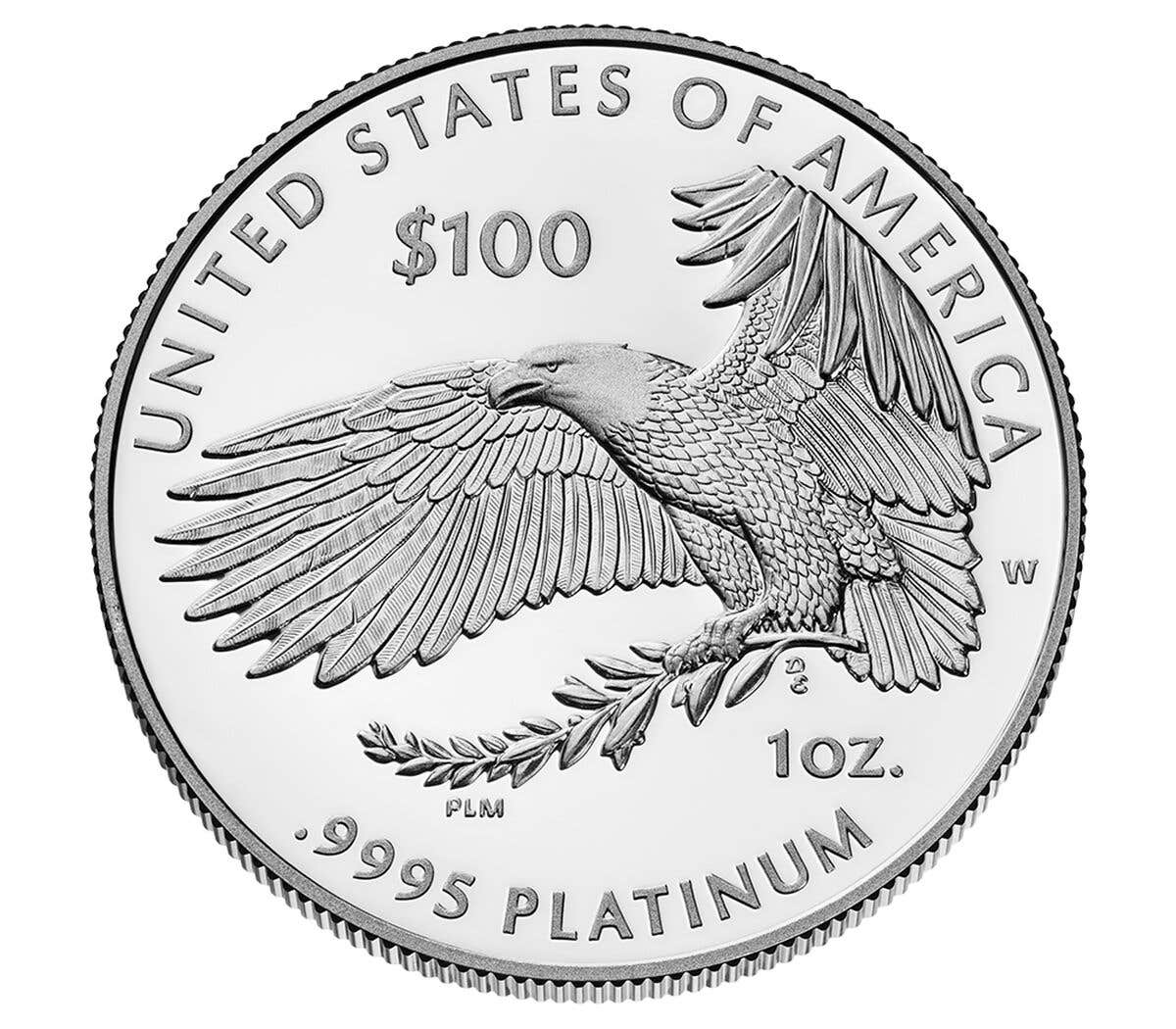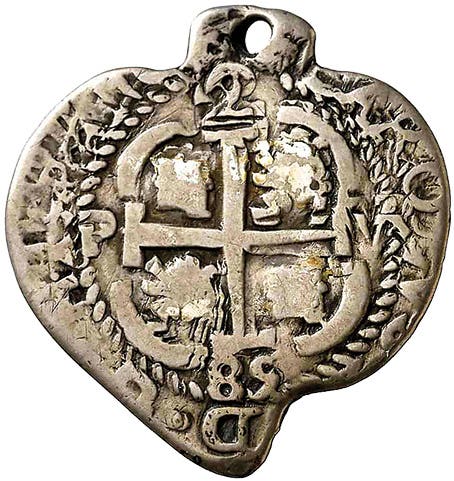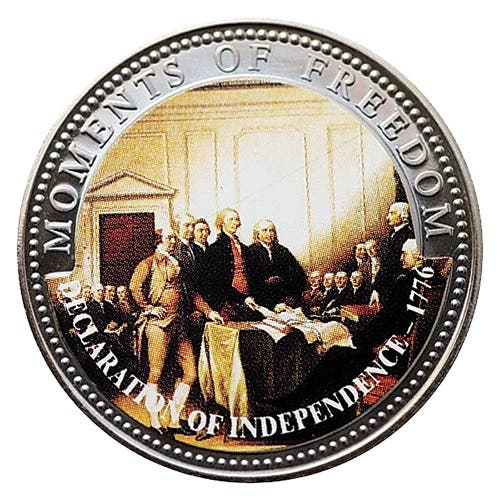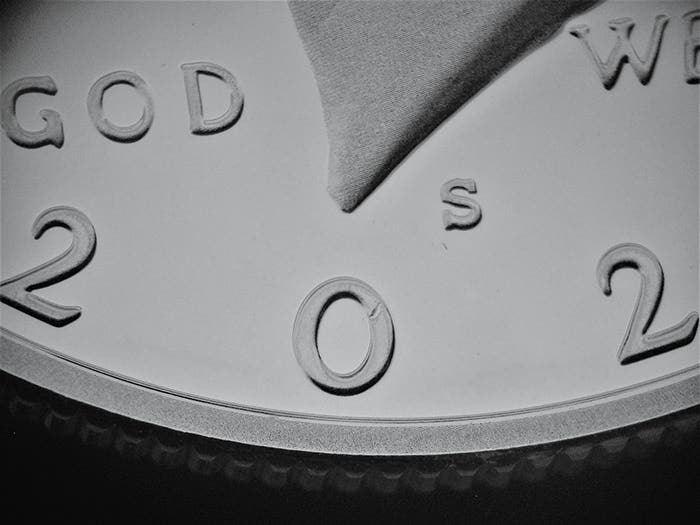Viewpoint: Coins merit national tax exemption
By definition, sales and use taxes are called “consumption taxes” because they are imposed on items that are consumed or used up. Some states (Alaska, Delaware, Montana, New Hampshire and…
By definition, sales and use taxes are called “consumption taxes” because they are imposed on items that are consumed or used up. Some states (Alaska, Delaware, Montana, New Hampshire and Oregon) do not assess any sales or use taxes. Most of the rest of the states have complete or partial sales tax exemptions on the in-state retail sales of rare coins and precious metals. Some states also exempt the retail sales of paper money.
Conceptually, there are multiple reasons why rare coins and precious metals should be exempt nationwide from all sales and use taxes. Here are some of the reasons.
Virtually all rare coins and precious metals are not consumed. Other than a handful of exceptions, such as when they may be incorporated into a piece of jewelry, rare coins and precious metals are carefully preserved to maximize their value when they are eventually resold.
The Internal Revenue Service and state governments that impose income taxes expect taxpayers to report on their tax forms and pay taxes on any “profits” realized when such items are sold. It would be double taxation to tax rare coins and precious metals as both a consumption item and as a non-consumed investment.
The Internal Revenue Service expects dealers who purchase some forms of coins and precious metals from non-corporate sellers to file Form 1099-B with the agency to report such transactions.
Coins are legal tender, a status not held by other consumption items.
In Article 1, Section 10, the U.S. Constitution specifically states that “No State shall ... make any Thing but gold and silver Coin a Tender in Payment of Debts.”
Rare coins and precious metals are considered investments, where some financial advisers recommend an allocation of an investment portfolio be for such assets.
Exchange traded funds exist for people to invest in either gold, silver, platinum, and palladium.
Brokerage firms have established rare coin investment funds to offer to investors.
Directly under the masthead of The Wall Street Journal are some investor financial data, including the spot price of gold.
Some precious metal ingots can be purchased on commodity contracts where, for almost all practical purposes, the purchaser is investing in the price of the metal rather than seeking to take physical delivery of the product.
The key point is that rare coins and precious metals are not consumption items. In just about all circumstances, both private individuals and the governments consider them to be investments. Therefore, it would be sensible for rare coins and precious metals to be exempt from sales and use taxes in every jurisdiction in America.
Patrick A. Heller was the American Numismatic Association 2017 Exemplary Service and 2012 Harry Forman Numismatic Dealer of the Year Award winner. He was also honored by the Numismatic Literary Guild in 2017 and 2016 for the Best Dealer-Published Magazine/Newspaper and for Best Radio Report. He is the communications officer of Liberty Coin Service in Lansing, Mich., and writes “Liberty’s Outlook,” a monthly newsletter on rare coins and precious metals subjects. Past newsletter issues can be viewed at http://www.libertycoinservice.com. Some of his radio commentaries titled “Things You ‘Know’ That Just Aren’t So, And Important News You Need To Know” can be heard at 8:45 a.m. Wednesday and Friday mornings on 1320-AM WILS in Lansing (which streams live and becomes part of the audio and text archives posted at http://www.1320wils.com).
This article was originally printed in Numismatic News. >> Subscribe today.
More Collecting Resources
• Download The Metal Mania Seminar with David Harper to learn more about the metals market.
• The Standard Catalog of World Coins, 1901-2000 is your guide to images, prices and information on coinage of the 1900s.





